Ye Guangfu, Li Cong and Li Guangsu, the three taikonauts of the Shenzhou-18 manned spaceflight mission crew, made their public debut on Wednesday afternoon, some 60 days after their safe return to Earth.
Astronaut Center of China revealed to the Global Times on Wednesday that the crew has completed various stages of isolation recovery and rehabilitation, and fully entered a recovery observation phase.
Currently, the Shenzhou-18 crew members are in good condition, both physically and mentally. All medical checkups have yielded normal results, and their muscle strength, endurance and cardiovascular function have generally returned to pre-flight levels. After completing the recovery tasks and conducting a health assessment summary, the three taikonauts will transition into regular training, the center disclosed.
Ye, the mission commander of the Shenzhou-18, has spent 375 days working and living in orbit during two manned spaceflight missions, with the crew's stay in orbit lasting 192 days, both of which set new records for the longest single-person and crewed stay in space, according to the center.
Ye was a member of the Shenzhou-13 crew from October 2021 to April 2022, and served as the mission commander for Shenzhou-18 mission from April 2024 to November 2024.
He described his feelings about returning to his "space home" as three changes: From visiting to coming home, it feels warmer and more reassuring. From one module to three modules, the environment is more comfortable, and the tasks are more complex. "From taikonaut 03 to commander, my role has changed, and I have greater responsibilities."
At the press event, Ye shared that "to continuously maintain an efficient work state, it is essential to have good time management, a healthy lifestyle, and a strong and sustained passion for the tasks at hand."
Taikonaut Li Cong revealed that the support team of the Astronaut Center of China had prepared various mystery boxes and birthday surprises before the mission was launched. Then, at the beginning of each month, during major holidays, or on birthdays, the ground staff would notify us to go to the cargo ship and search for these surprises. "The process felt like a treasure hunt."
These thoughtful arrangements added joy and anticipation to the astronauts' intense and busy work, providing very effective psychological support, Li Cong said thankfully.
The mysterious gifts were diverse, according to the taikonaut. For example, the birthday packages contained longevity noodles, and at the beginning of each month, we would receive highly-rated popular foods like beef sauce, braised ribs and even a whole roast chicken - foods we all loved. In addition to food, there were also stress-relieving gadgets, he said.
The Shenzhou-18 astronauts carried out extravehicular activities or spacewalks twice. Their first spacewalk in May set a new record for the longest single spacewalk by Chinese taikonauts.
During their space adventures, the Shenzhou-18 trio also experienced some special joy brought by the space "aquarium" and "garden" in the Tiangong space station.
The three taikonauts created a space "aquarium" using zebrafish and algae to study how the space environment affects their growth and system balance. It was also a breakthrough in the field of raising vertebrates in space.
The taikonauts discovered that zebrafish exhibited abnormal orientation behaviors in microgravity, such as upside-down swimming, spinning and circling.
Li Guangsu, the third member of the crew, took great pride in the crew's participating in dozens of space science experiments across all three modules of the space station, involving fluid physics, combustion physics, life sciences, aerospace medicine, materials science, new technologies, and more. "These experiments were all very interesting. Through these projects, we obtained valuable space science research data, and we feel a great sense of accomplishment."
Li Guangsu said the space fish farming was the most impressive one. "Those adorable zebrafish, in addition to completing their mission tasks, also became our little pets and an important source of emotional comfort."
"The first time we saw them was on the day we arrived at the space station. We noticed they were not moving much and were floating in different positions. A few days later, we saw them becoming more lively and able to swim to where they wanted to go. It seems they also needed time to adapt to the space environment. Looking back at their 'backstroke' in the early days of the mission, it was as if I saw myself trying to adapt to the weightless environment back then," he said.
The three crew members unanimously described their performance on this mission as "silky smooth."
"Thanks to the close cooperation between the space and ground units and the solidarity of the crew members, we have delivered the space business travel that lasted more than half of a year in a 'silky smooth' fashion, creating an unforgettable, wonderful spaceflight experience," Ye said.









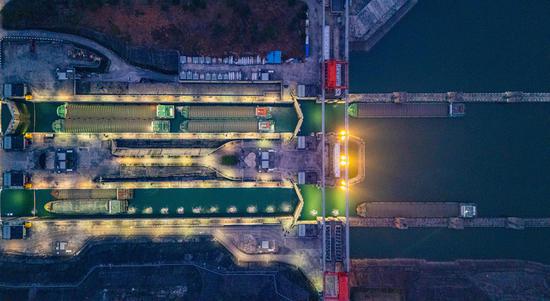

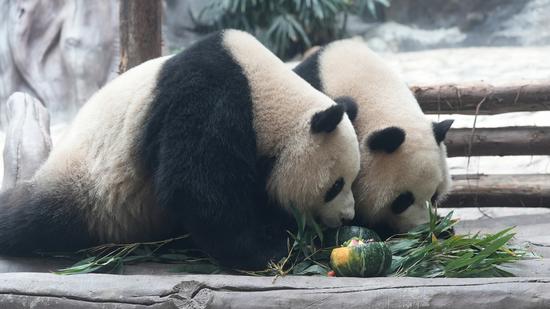

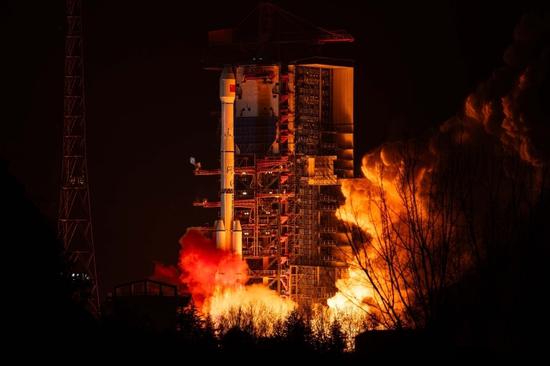
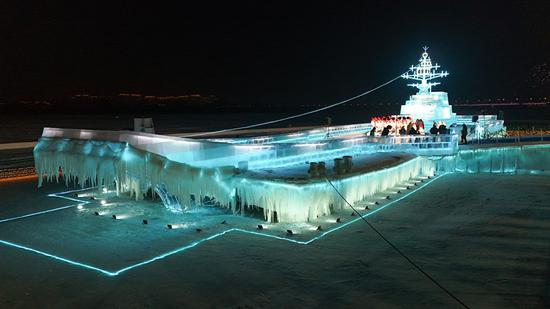

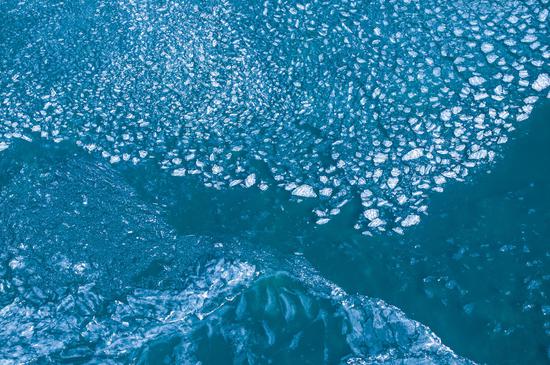
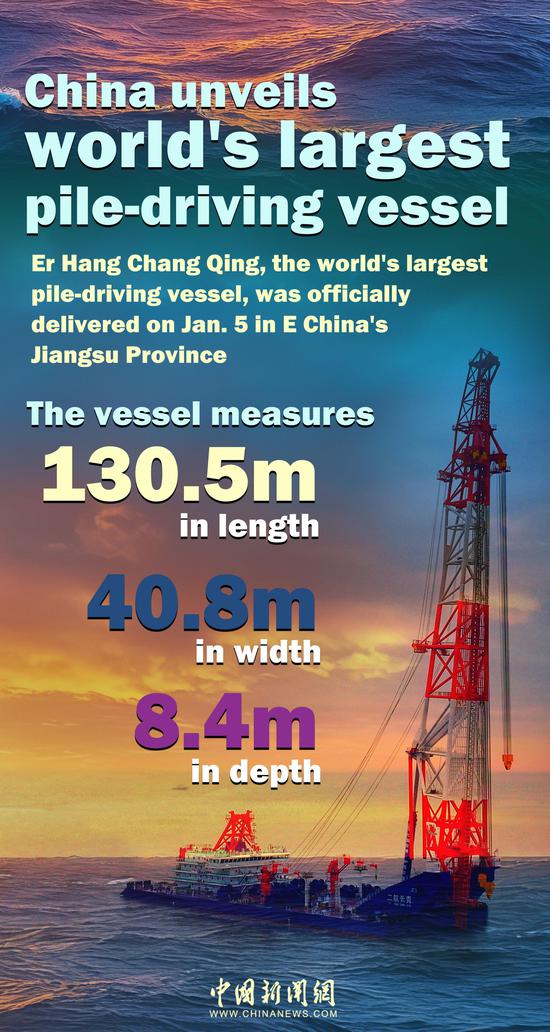
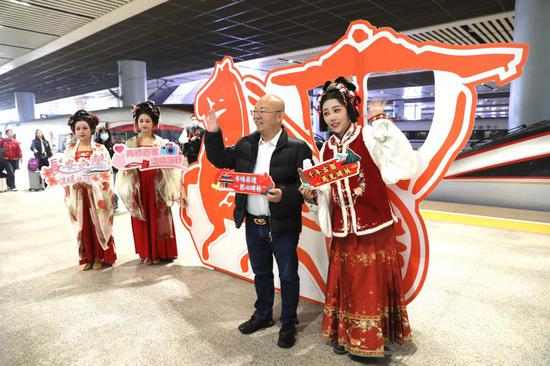
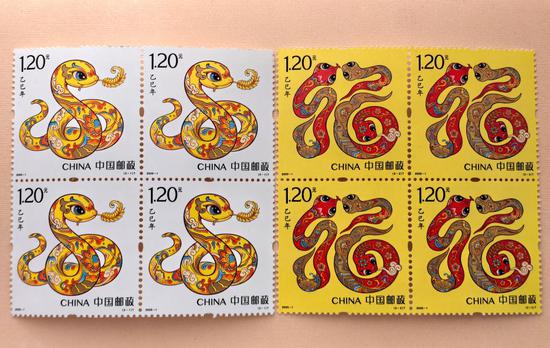

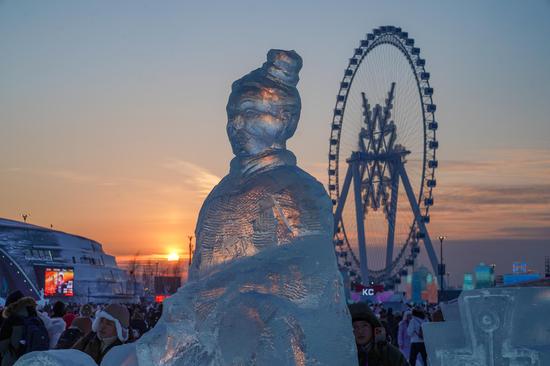




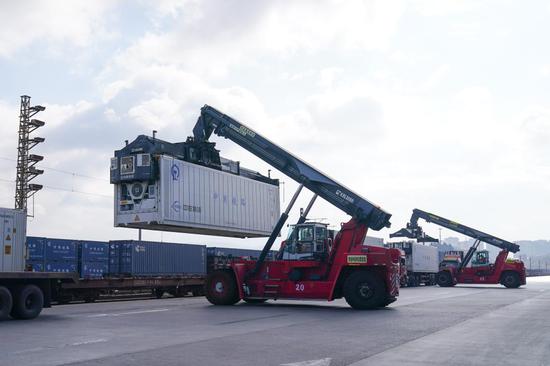


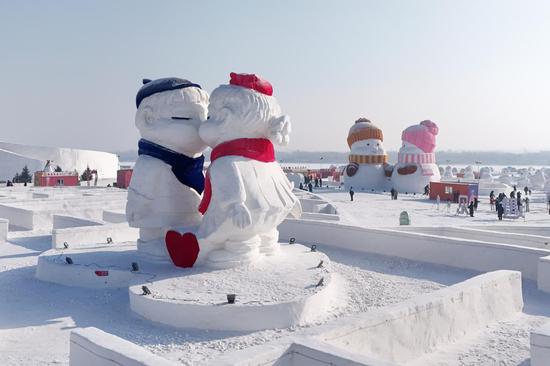

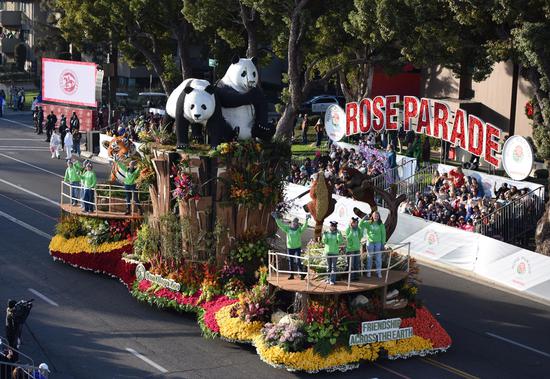
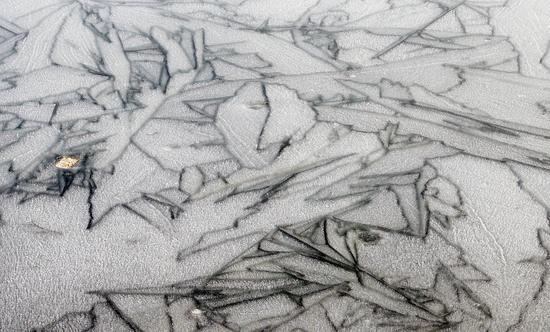
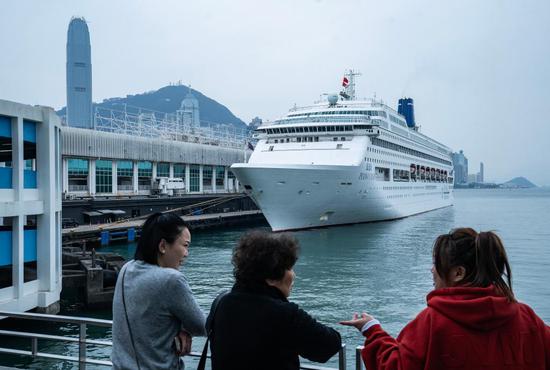


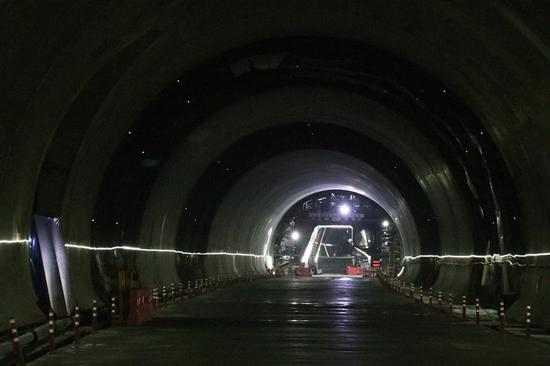


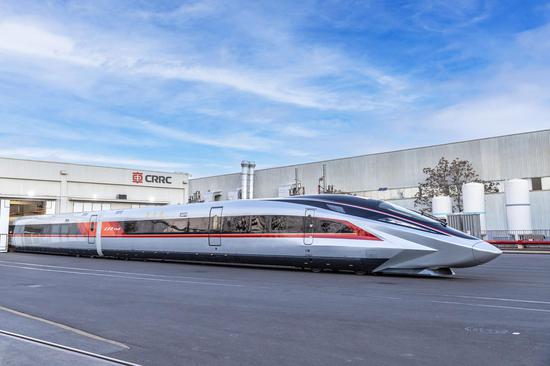
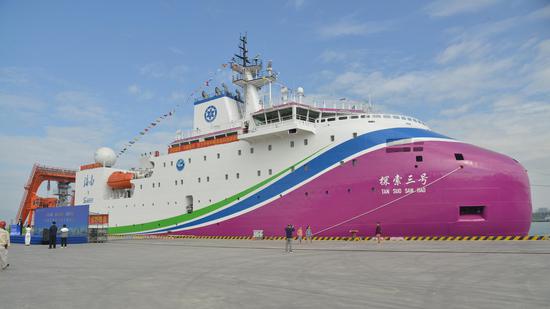
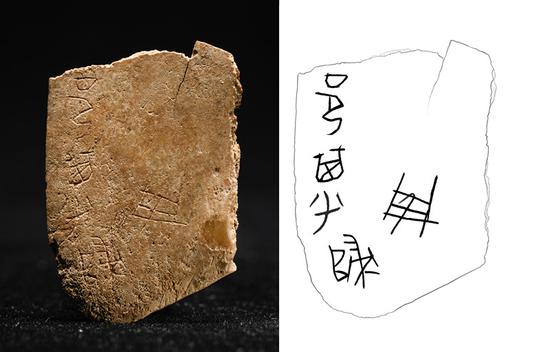
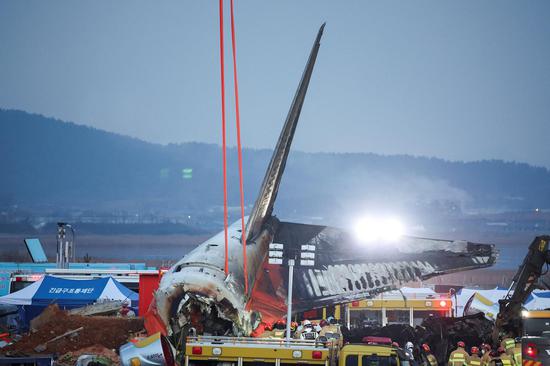
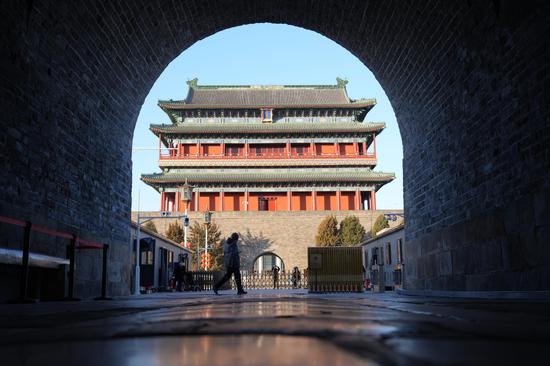
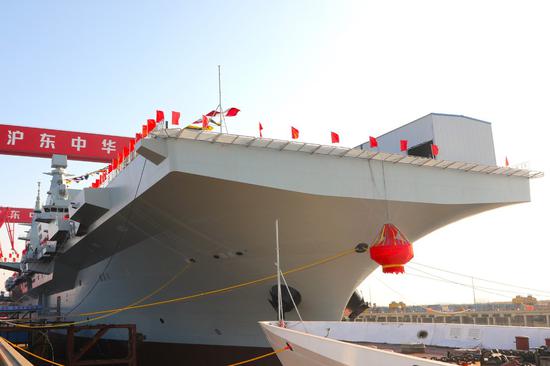





 京公网安备 11010202009201号
京公网安备 11010202009201号